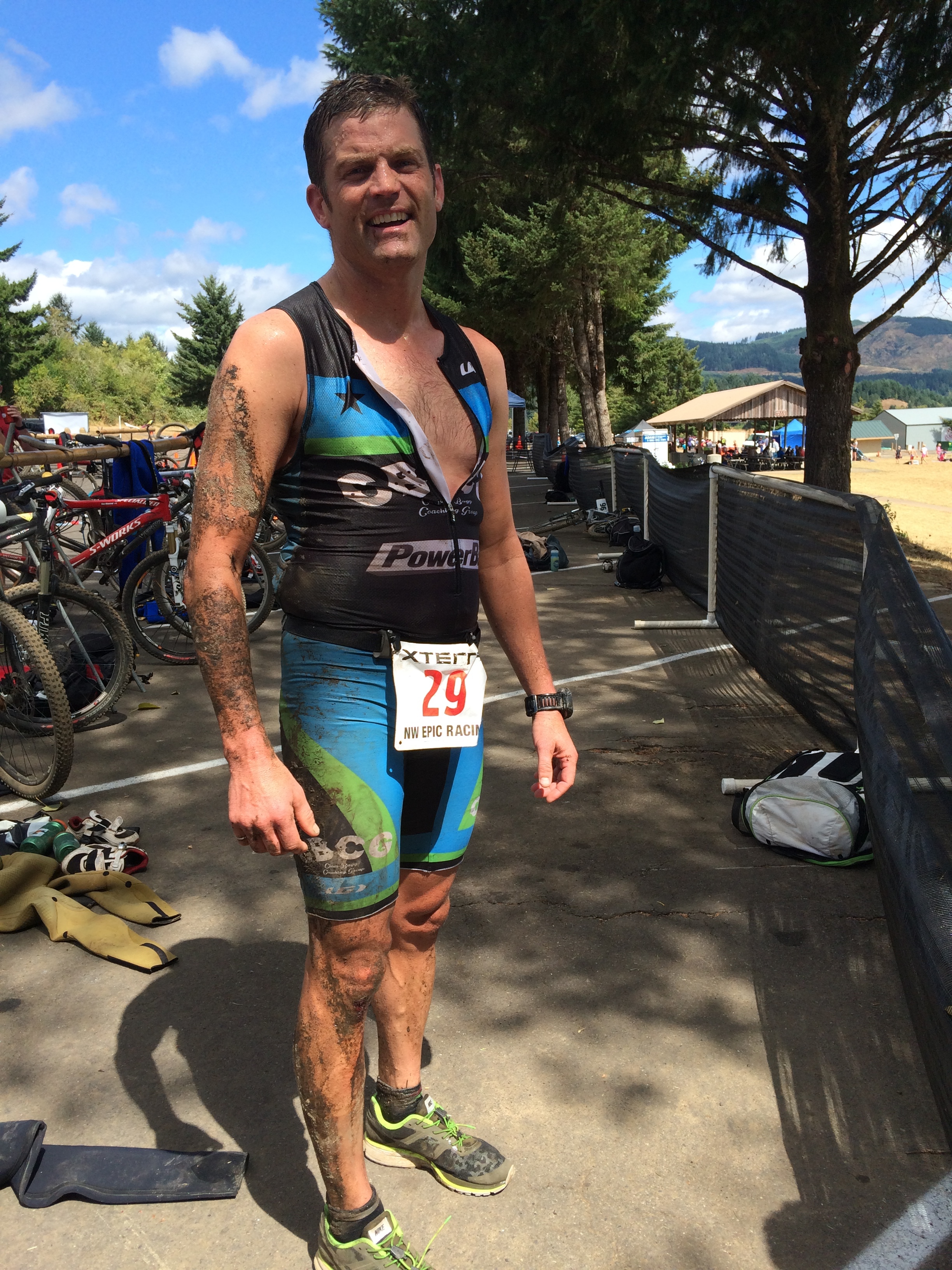Losing It
As athletes who enjoy the act of moving and competing, we all tend to focus on the training side of sport's equation, working towards getting faster or more enduring. This tendency is good: it keeps us thinking about the positive and fun aspects of triathlon, cycling, running, or swimming. We think about technique, interval sessions, improving our functional power, our catch-and-pull, our mile repeat time. At a certain point, however, we realize that there are other avenues to improvement. Strength training is one example. Mental skills are another. Today, though, we're going to talk about weight loss.
To paraphrase some professional cyclists, losing five pounds was always preferable to any kind of fitness gain (legal or otherwise). Changing your body composition (for running and cycling, at least) provides the biggest change in performance possible. For every pound you lose, you can expect a .62% and .42% improvement on the run and bike, respectively (data from the excellent QT2 Systems). This assumes the athlete has fat to lose—if you don't have fat to lose, then stop reading this post. So what does that mean in real numbers? Well, if you lose ten pounds, you'd expect a 6% improvement in your running performance and a 4% improvement in your cycling performances. Let's consider an 11-hour Ironman athlete with a six hour bike and 3:45 run. After having lost the weight, he or she now rides 5:45 and runs 3:30—a 30 minute reduction!
Yeah, yeah, you're saying, easy for you to say. Losing weight is hard. Well, yes. Losing weight is hard. As athletes, we're used to doing stuff, instead of not doing stuff (which is what losing ten pounds means: not doing a lot of the stuff you're used to). So I'm going to use an actual case study, here. Greg D is pictured above late last summer at around 164, and then to the right last week, before his PR-performance at the Boston Marathon, where he weighed 152 pounds. Greg qualified for Boston last April at the Paris Marathon, running 3:09:24 on a pancake flat course. Last week he ran 3:08:32 at Boston, which is not pancake flat. Boston is a brutal marathon course: you run downhill for almost 16 miles, and then you cycle through a series of hills in the town of Newton (the infamous Heartbreak Hill is really a group of five hills). Usually, you'd expect to run five to six minutes slower than your PR marathon, so probably around 3:15 for Greg. Instead, given the ten pound loss (and an excellent training cycle leading into the race—let's not forget that you have to do the work, too), he ran close to seven minutes faster than what we'd expect, given his time at Paris last year. You can see how much skinnier he looks above, despite the Beer Mile t-shirt he sported to the Boston Expo.
So how did he do it? Well, Greg and I measured his body fat at 20.4% in early January, which meant he definitely had body fat to lose. Given that number, his body weight (low-to-mid 160s), and his training, we targeted 2300 calories per day, of those about 50% carbohydrate, and an even split of fat and protein. He was supposed to get his carbohydrates primarily from fruits and vegetables, with his high glycemic carbohydrates (breads, grains, rices, pastas, cereals, quinoa, etc...) coming only before and after workouts. We used MyFitnessPal to track his food. I suggested a two-week period, but Greg got really accustomed to tracking his intake and never stopped. He was really hungry for a week, and then his body adjusted, and weight started to come off. By early April (two weeks before the marathon) he was a much leaner 12.5% body fat.
The key to Greg's success, I'd say, was making the food logging a habit. Research shows that if you do something (floss, quit drinking, bilateral breathe) for 21 days, you're very likely to keep doing it for a long time. Greg committed to the food logging, and to hitting his target every day. Now, he says it's simple. We gave him a night off his plan once a week, so he stayed in the game. But more than anything it was just this commitment to developing a new habit—once he did that, the whole question of "willpower" wasn't pertinent any more; he had simply changed his habits.


